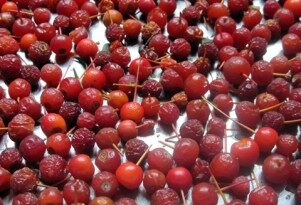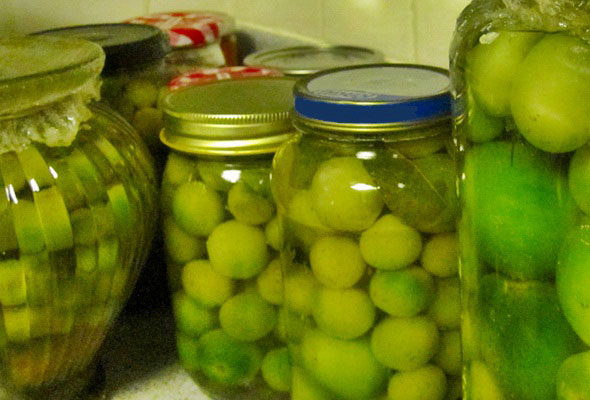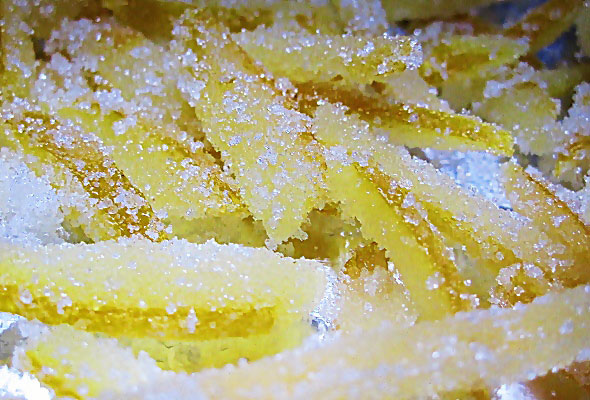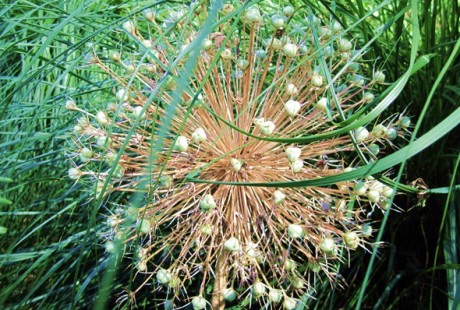persnickety roses
Roses have earned the dubious privilege of being considered sensitive and difficult to grow. This is not entirely true of course, a rose planted in a climate that favors its development requires a lot less maintenance than your average perennial. They do have a list of things they absolutely will not put up with, and whose lack can’t be supplanted by any amount of doting and support.
1) Lack of sunshine. If you don’t have full sun exposure, spare yourself the anguish and don’t try roses. It is heartbreaking to watch them diminish pitifully, year after year. The good news is that you can move them before they succumb to their bitter fate, but they lose years recuperating their wasted resources. Give them sunshine or don’t plant them at all.
2) Overcrowding. If a rose doesn’t have “elbow” room it will harbor every pest there is. Overcrowded roses are stressed and their resistance to disease diminishes. Less air movement around their canes also means their foliage doesn’t dry off quickly, thus providing breeding ground to fungi. Respect the planting space recommended by the breeder, or at least a foot and a half in each direction.
3) Heat. I was surprised to learn that my roses absolutely hate hot weather. A thick layer of mulch can help keep their roots cool and moist during the dog days of summer but heat stress increases their vulnerability to disease. Sweltering days also bring along the Japanese beetles, which eat them into stumps.
4) Wet weather. Black spot, mildew, rust, enough said. If the summer is rainy, there is not much you can do about it. They will develop black spot instead of flowers, an object lesson about the unfairness of life.
5)Unsteady soils. Roses need good heavy soil weighing down on their roots to facilitate their access to water and nutrients and anchor them steadily against harsh winds. They are not the kind of plants you use to stabilize soils and will never get a good start unless their roots are secure. Don’t plant them on slopes or in silty dirt.
6)Poor nutrition. If you want your rose to bloom you need to ensure its proper nutrition. Avoid excessive use of fertilizer which will build up in the soil over time and make it too salty to use, but ensure there is a good balance of potassium, nitrogen and phosphorus because they are heavy feeders.




 Previous Post
Previous Post Next Post
Next Post




